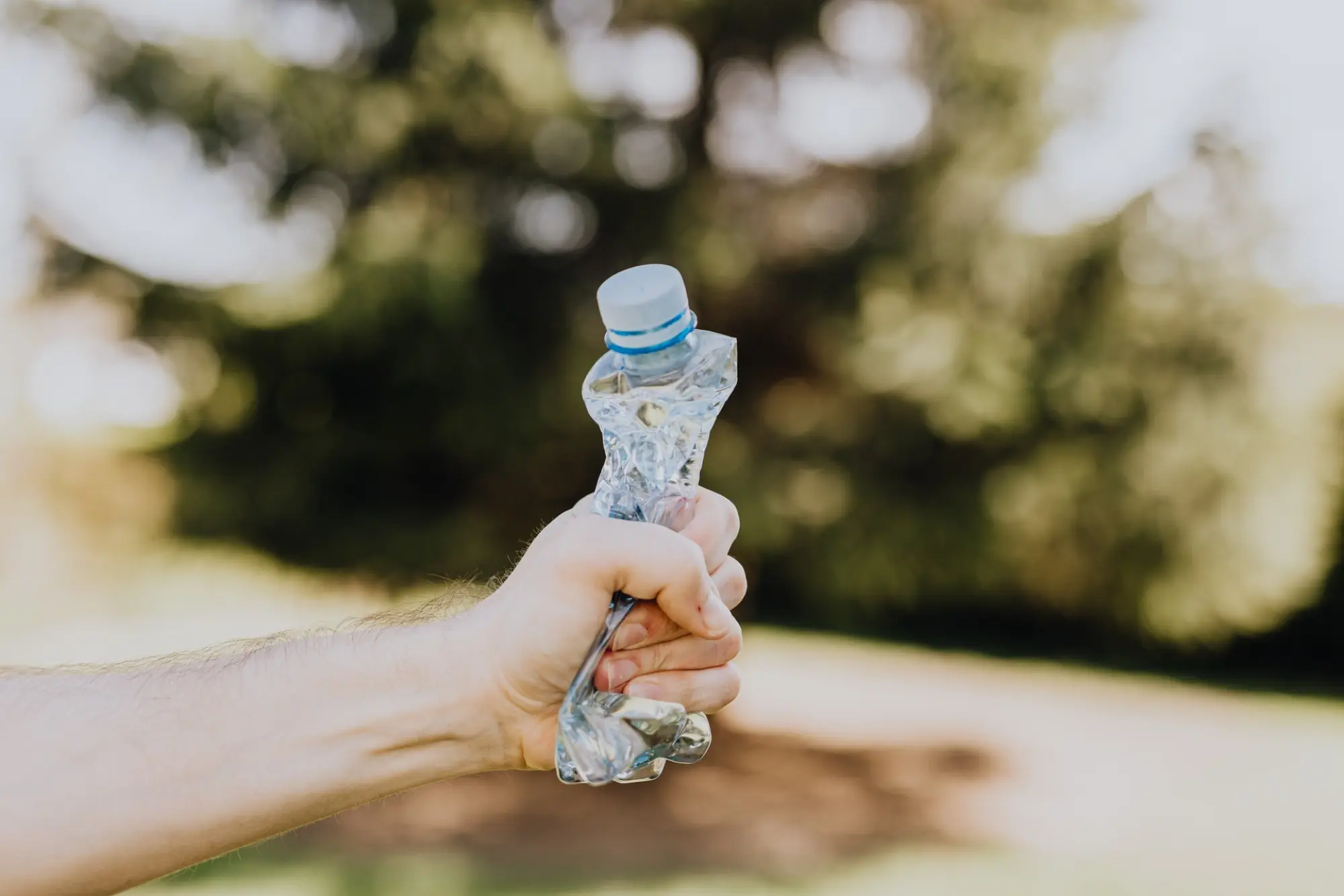Started in 2011 by Rebecca Prince-Ruiz (founder of the Plastic Free Foundation) and a small team in local government in Western Australia, Plastic Free July ® is now one of the most influential environmental campaigns across the globe. Millions of people in every part of the world take part each year, with many committing to reducing plastic pollution far beyond this month.
This campaign makes July a great time to take a look at how much plastic you use in your business, but the changes made this month can form a winning strategy in the longer term, too. Foodservice businesses have the potential to make a significant impact, even through small changes, and it’s well worth examining where your business could do better when it comes to plastic waste.
Ditch the single-use plastics
Single-use plastics make up 40% of the plastic produced globally, and items used for foodservice — think plastic cutlery, plastic plates, coffee cups and takeaway containers — are responsible for a considerable portion of this. The good news is that there are plenty of alternatives available; with a few small changes, you could be done with single-use plastics for good.
Conduct an audit
To get an idea of just how much single-use plastic you’re using in your business, first conduct an audit of your stock room and recycling bins. Use this information to create an inventory of the disposable plastic items currently entering your business: things like coffee and smoothie cups, plastic plates, cutlery and carrier bags. You might be shocked to realise just how much money you’re wasting on buying single-use products.
Work with your suppliers
Once you’ve established which products you want to avoid, talk to your relevant suppliers regarding the plastic products you’d like to replace. Ask them to reconsider the packaging they currently use and whether they can offer alternatives.
Follow the waste hierarchy
When choosing alternatives to single-use plastic, the most sustainable outcomes are achieved by switching to reusable alternatives. While single-use compostable options are widely available, they’re not the best choice. Producing them requires energy and creates carbon emissions; later, their decomposition releases methane into the atmosphere.
The Australian Packaging Covenant Organisation suggests a waste hierarchy for deciding the most sustainable course of action. Your first course of action should be to try to reduce or avoid packaging as much as possible. Where that fails, choose packaging that is reusable; following this, opt for packaging that can be recycled and then, where appropriate, that which is suitable for composting.
Focus on small changes
Even small changes make a difference and can be easier to maintain in the long run, even after July is over. Here are some to consider:
- Swap single-use table condiments for large, refillable bottles.
- Encourage customers to bring their own cups when ordering take-away teas and coffees.
- Implement a policy where single-use plastic items, such as straws, are only given to customers when they request them.
- Ditch the plastic cutlery and packaging for your takeaway dishes. Why not ask customers to return their old containers to the delivery courier on their next order, or drop them off at your restaurant next time? You can implement a small charge for customers who choose to keep the containers.
Your people are key
Whether you’re hoping to effect change just for July or in the longer term, your plastic-free initiative is only as strong as your people — both staff and customers. Two-way communication is vital; your staff know the ins and outs of your business, and some of your best ideas may come from them. Ask your staff where they see the opportunity to make a change, and which single-use plastics they think may be easy wins.
Success depends upon clear communication with customers about what you’re doing; your customers may have their own part to play by bringing reusable cups or carrier bags. Adding purposeful signage into your business is a great place to start, and the Plastic Free July ® website has plenty of downloadable posters and resources you can use.
Ask customers and staff to share the message on social media and with members of your community. Suggest they use the handle @plasticfreejuly and encourage them to tag your business, too, making sure you’re positioned within the larger plastic-free community. Many of your staff and customers will also bring these changes home, encouraging friends and family members to get on board as well and helping your impact to stretch far beyond your business.
Are you passionate about making your business more sustainable? Foodprint by Nutritics is a fully automated solution designed to track your scope 3 carbon emissions, reduce food waste and efficiently communicate your sustainability efforts directly to your customers. Get in touch today at info@nutritics.com and learn how Foodprint can be the change you want to see in your business.
